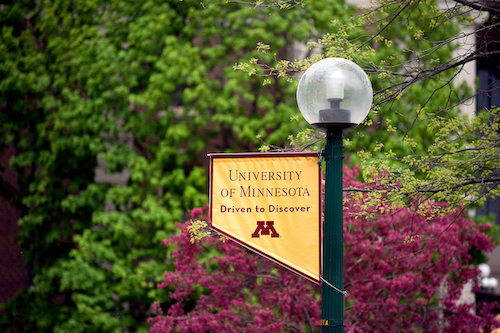
MT2023-06: A CLINICAL STUDY TO ASSESS THE EFFICACY AND SAFETY OF LERIGLITAZONE IN ADULT MALE SUBJECTS WITH CEREBRAL ADRENOLEUKODYSTROPHY

This study has 2 parts: a double-blind period and an open-label extension. In the double-blind period of this study, the study medicine will be compared to a placebo. A placebo is a treatment that looks and tastes exactly like the study medicine but does not contain any active ingredient. In this study, you will receive leriglitazone or placebo. Whether you receive leriglitazone or placebo will be decided randomly (by chance, like flipping a coin). In this study, 1 out of every 2 subjects (50%) will receive leriglitazone and 1 out of every 2 subjects (50%) will receive placebo. To make this study fair, you and the study doctor will not be told which treatment you will receive, this is called “blinding”. In the open-label extension, all subjects will receive leriglitazone.
• diagnosis of progressive cerebral adrenoleukodystrophy (cALD), defined as GdE with brain lesions
• bone marrow transplantation (HSCT) is not recommended patient is not willing to undergo HSCT
• no major cognitive impairment
• see link to clinicaltrials.gov for additional inclusion criteria
• or treatment with ex-vivo gene therapy (eli-Cel).
• known type 1 or type 2 diabetes
• see link to clinicaltrials.gov for additional exclusion criteria
Rare Diseases
Clinics and Surgery Center (CSC), CEREBRAL ADRENOLEUKODYSTROPHY, cALD